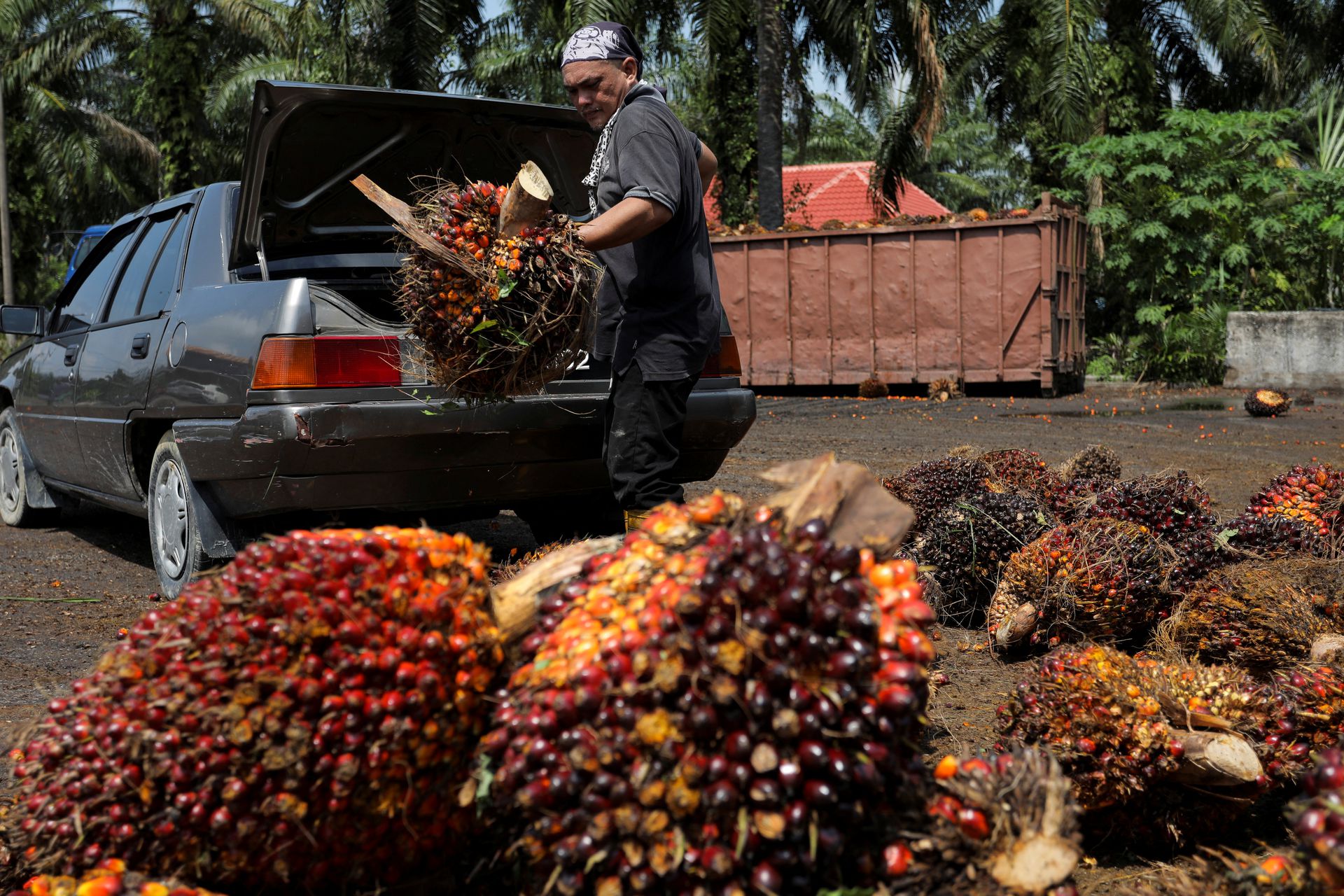KUALA LUMPUR -- Some of Malaysia's largest palm oil producers are not hiring workers from Bangladesh because of concerns over exploitative practices during recruitment, companies and labour consultants say.
Planters in the world's second-largest palm oil producer have in recent years stepped up efforts to implement ethical recruitment processes and revamp labour standards after the United States banned imports from two companies over allegations of forced labour.
Migrant workers, especially from Indonesia, India, Bangladesh and Nepal, make up about 80% of the workforce on Malaysia's labour-reliant estates.
The Malaysian government suspended all hiring from Bangladesh in 2018 after allegations of corruption in the process. Despite a new labour agreement between the two countries coming into force last year, three plantation companies say their firms have not resumed hiring Bangladeshi workers.
"The main reason was due to a high rate of abscondment among the Bangladesh workers as they were not aware that they were going to work in plantation estates," IOI Plantation, which has not recruited from Bangladesh since 2018, said in an emailed response to Reuters.
A senior executive with another company cited a lack of transparency in the recruitment process and high recruitment fees among workers from Bangladesh.
Sime Darby Plantation, the world's largest palm oil producer, said it stopped hiring from Bangladesh in 2016. That year, the company also introduced changes aimed at implementing a "zero recruitment fee policy".
The International Labour Organisation ranks deception and debt bondage stemming from large recruitment fees among its indicators of "forced labour".
Hundreds of workers from South Asia have recently arrived in Malaysia without jobs despite being promised employment and after paying thousands of dollars in recruitment fees. Malaysia has begun investigations.
Malaysia's Human Resources Ministry and the Bangladeshi embassy in Kuala Lumpur did not immediately respond to requests for comment. The embassy last month called for more transparency by Malaysia to prevent citizens from being cheated out of jobs.
The Roundtable on Sustainable Palm Oil (RSPO), an industry watchdog based in Malaysia, said proposed legislation in the European Union to prohibit the import and sales of products made with forced labour have prompted the palm oil industry to further address human rights in their operations.
"The industry in general is being called to greater degrees of sustainability, transparency and accountability, with external stakeholders - from regulators to financial institutions, investors and consumers - prompting this shift," RSPO chief executive officer Joseph D'Cruz said.




















































